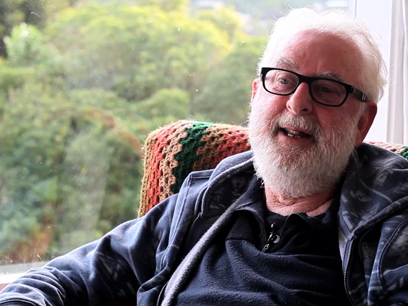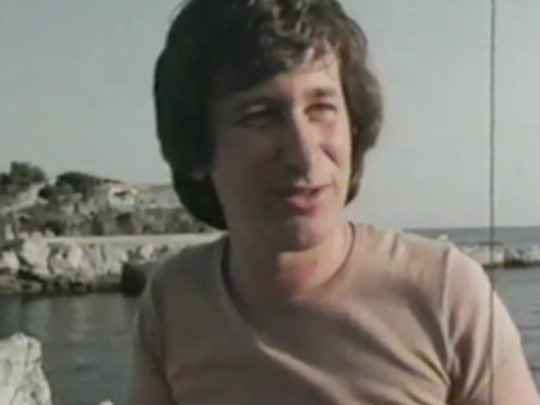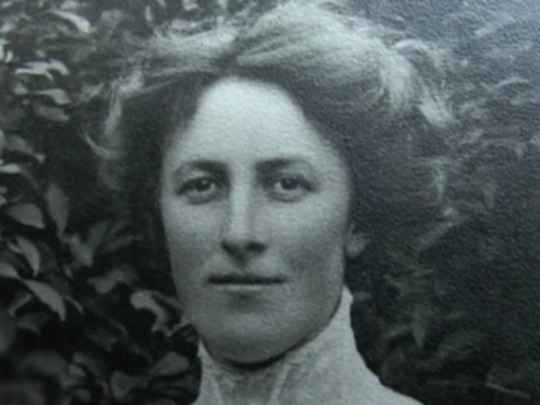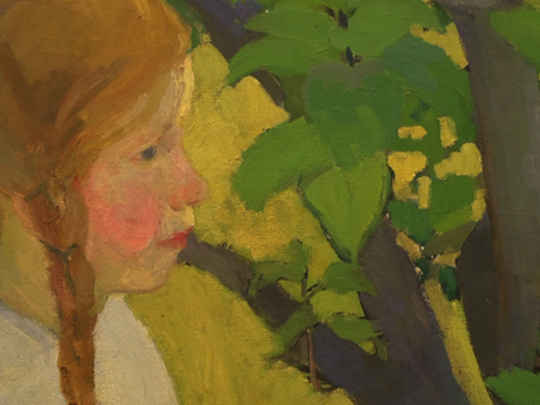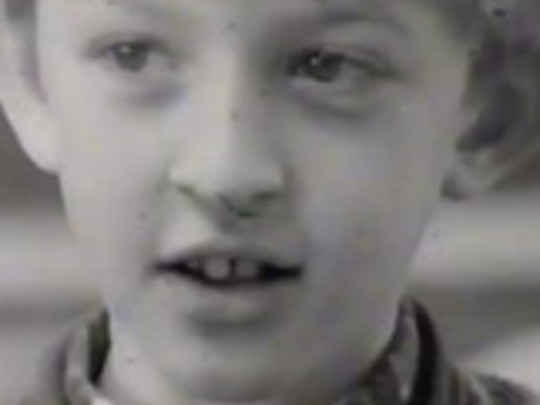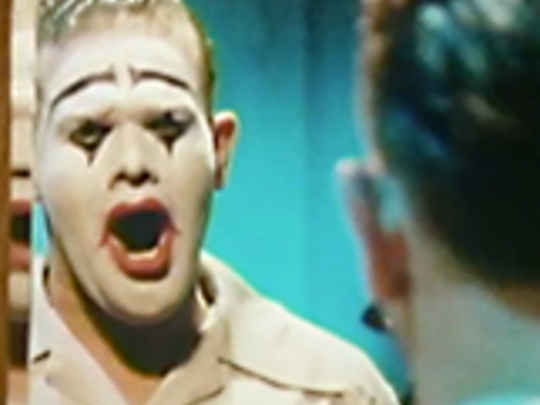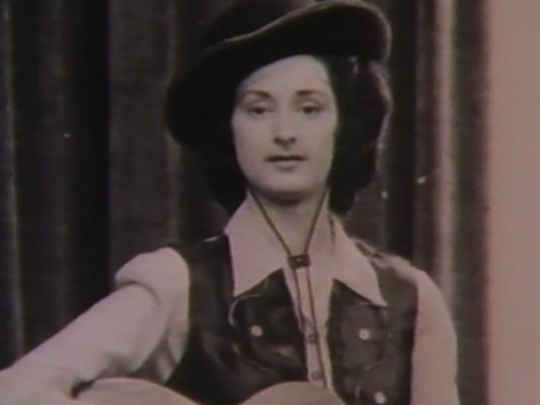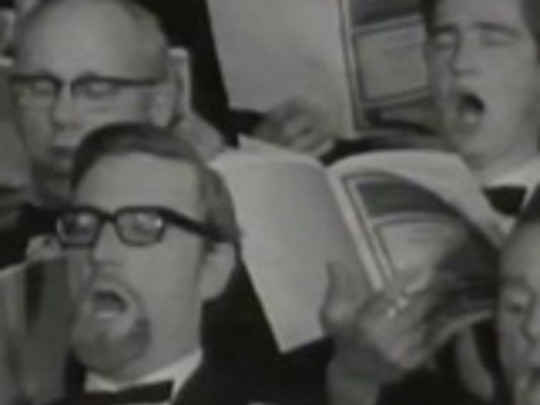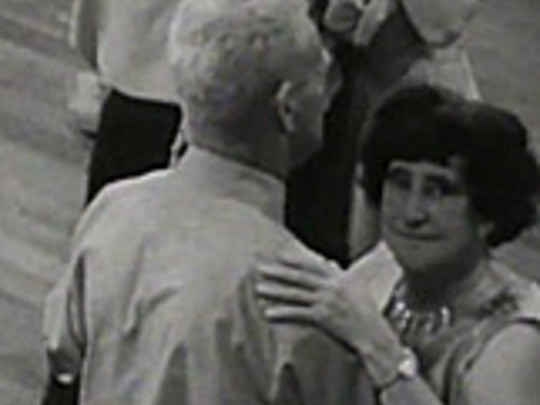Michael Heath: vampires, mad scientists, and forgotten artists…
Interview – 2013
Michael Heath's imagination has spawned movies bursting with murder and mayhem, and lyrical tales of childhood and forgotten artists. Heath's work ranges widely — some of his films are lyrical, comical and murderous all at once. His scripts include two contenders for New Zealand's first horror film (Death Warmed Up and Next of Kin), plus his affectionate take on Ronald Hugh Morrieson classic The Scarecrow, which was the first Kiwi movie invited to the Cannes Film Festival. Later Heath blossomed from writer into director.
In this ScreenTalk interview, Heath talks about:
- Trying to be a child when he makes a film
- Longtime creative partnerships with directors Tony Williams, and fellow horror fan David Blyth
- Meeting Williams for the first time at Pacific Films while wearing "idiotic clothes"
- Jumping into a Kombi van to interview Spielberg, Scorsese and others, for Cannes doco Lost in the Garden of the World
- How an outrageous tale of mobile caterers transformed into Next of Kin
- How Quentin Tarantino loves the movie
- The visions of small town New Zealand in the novels of Ronald Hugh Morrieson and Janet Frame
- Devouring Morrieson’s book The Scarecrow, before turning it into a truly epic script
- Trying to 'scare the shit out of everybody' with Death Warmed Up
- How the film gets amazing laughs without trying to be funny
- Making kid-friendly vampire tale Moonrise with septuagenarian star Al Lewis (The Munsters)
- Drawing inspiration from India (after Heath's films won attention at film festivals there)
- Moving into directing with award-winning short A Small Life, and first meeting actor and singer Mahinārangi Tocker
- Discovering the work of unheralded Kiwi painter Edith Collier, the subject of Heath's documentaries A Light Among Shadows and Village by the Sea
This video
was first uploaded on 1 October 2013, and
is available under
this Creative Commons licence.
This licence is limited to use of ScreenTalk interview footage only and does not apply to any video content and
photographs from films, television, music videos, web series and commercials used in the interview.
Interview and Editing – Ian Pryor. Camera – Jess Charlton
I think we are most free when we are children of course. And I try now to be a child when I make a film, because I want to look at the world through a childs eyes. I don't want to look like a stern parent or somebody that's telling people what to think.– Michael Heath, at the start of this interview
